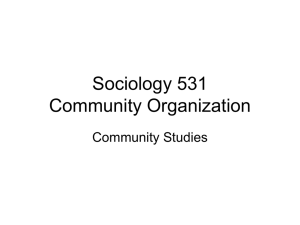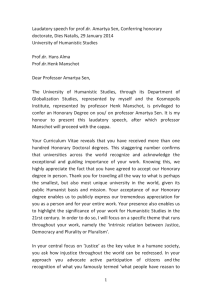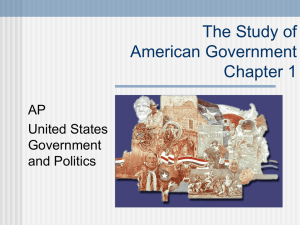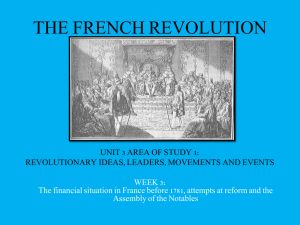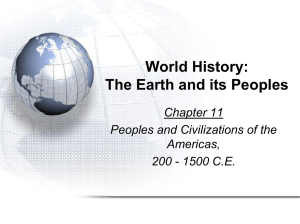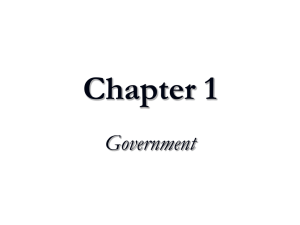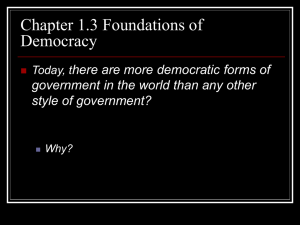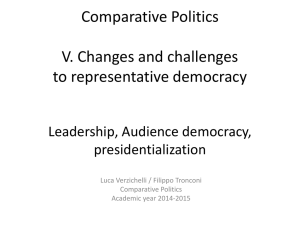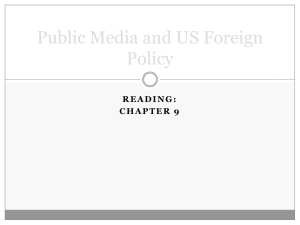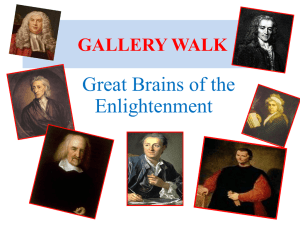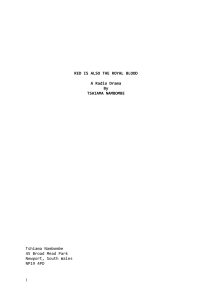Robert Dahl
advertisement
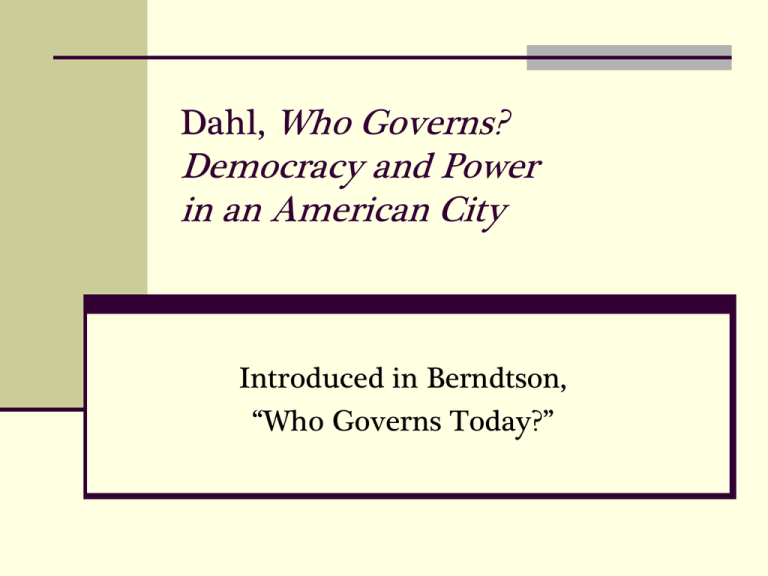
Dahl, Who Governs? Democracy and Power in an American City Introduced in Berndtson, “Who Governs Today?” Who governs? Political parties Interest groups or individuals Social/economic elite Mass society in symbiosis with a strong leader … Power in New Haven: Definition of power: to get someone to do something they would otherwise not do How important are social and economic inequalities? Is there a ruling elite? Is democracy/pluralism real or just a façade? “In a political system where nearly every adult may vote…”? Social groups of high status: In the past: patricians (old rich families) Since the late 19th century: Social notables (broader category – high social standing) Economic notables (big companies, smaller companies, bankers, real estate owners, entrepreneurs) Are elected politicians handmaidens of the rich? Key issue areas: Party nominations Urban development Education Findings: Social notables are not very influential in any area. Economic notables are just one of many groups whose members can sporadically influence decisions Little overlap between the two high-status groups Weaknesses of the economic notables: Few in number (votes) Divided Participate little in politics Hold authoritative views only on business- related issues Policies consistent with the interests of the economic notables? General faith in fiscal conservatism No consciousness of class conflict No public demand for policies detrimental to them Power shift in New Haven: No ruling elite From cumulative to dispersed inequalities Genuine pluralism Who governs? Professional politicians have the greatest influence, but within limits… Berndtson’s analysis: Fundamental division between elitists and pluralists – processes vs. resources and effects? Machiavelli vs. Hobbes – plurality of values, concentration of power? Empiricism/behavioralism? Case study? Recognition of democracy, acceptance of the status quo? Ideological hegemony? Berndtson’s position: Limitations of empiricism – yet attention to definitions, taxonomies (3 forms, 4 aspects, 3 spheres, 4 merits, 3 levels of abstraction…) Pluralism – more interesting, a wider perspective (analogy: Berlin – foxes vs. hedgehogs)? Need for intercultural comparison – universal validity of American/Western theories (focus on individual interests and rights)? Need to study authority (legitimate power) – in order to strengthen the positive aspects of power, reduce domination? Society as a mechanical system?

